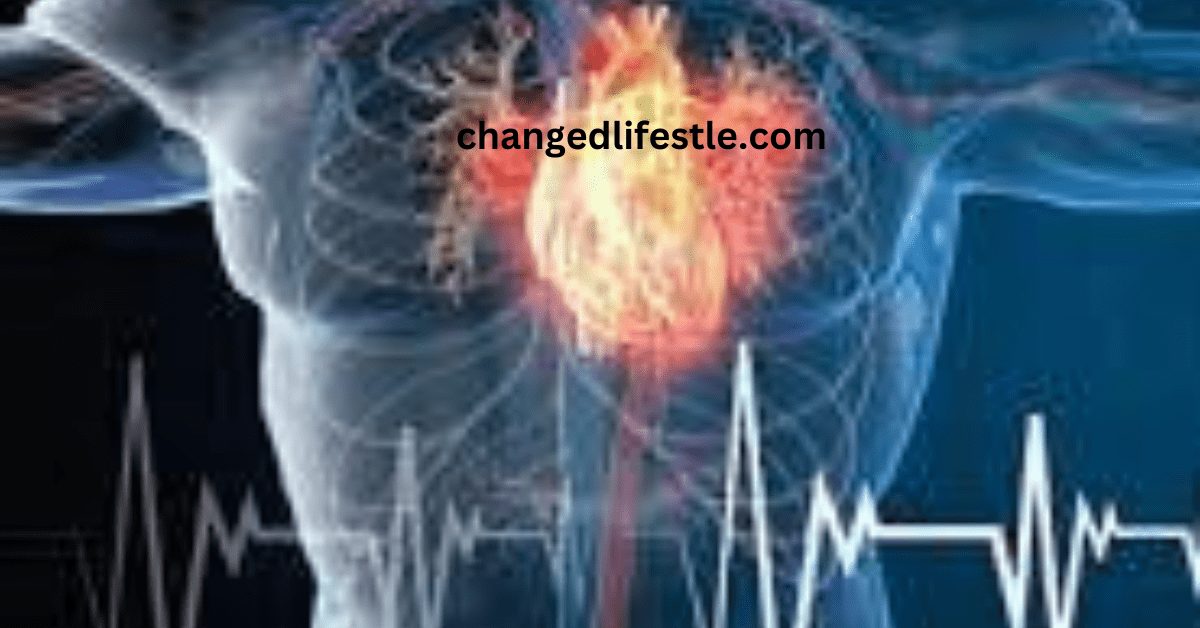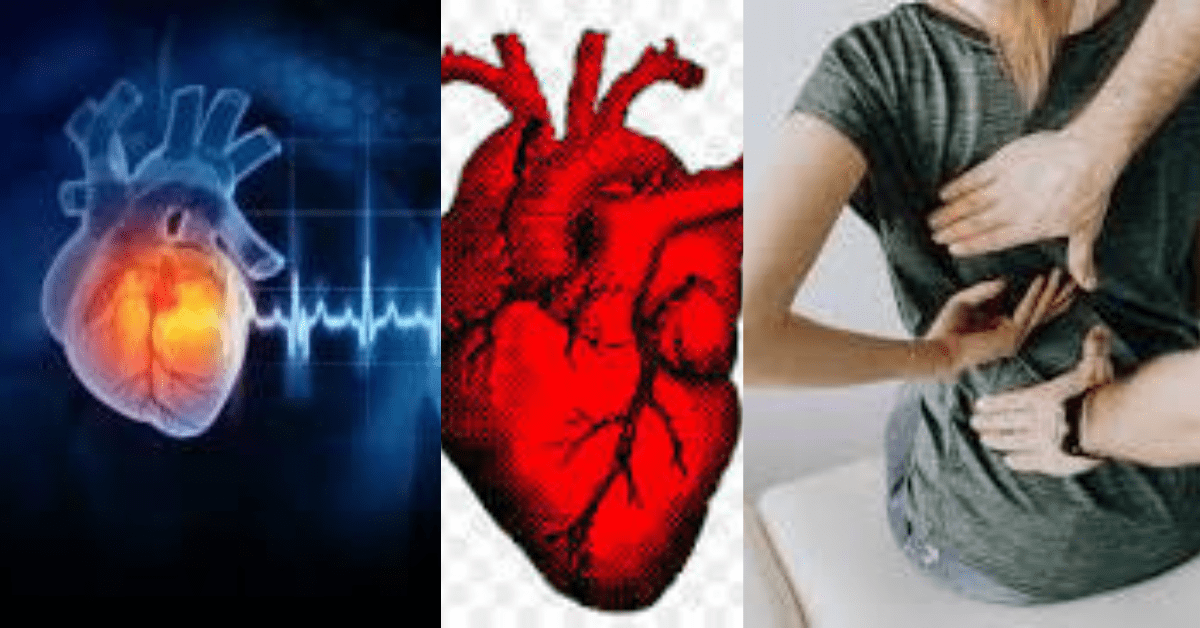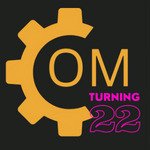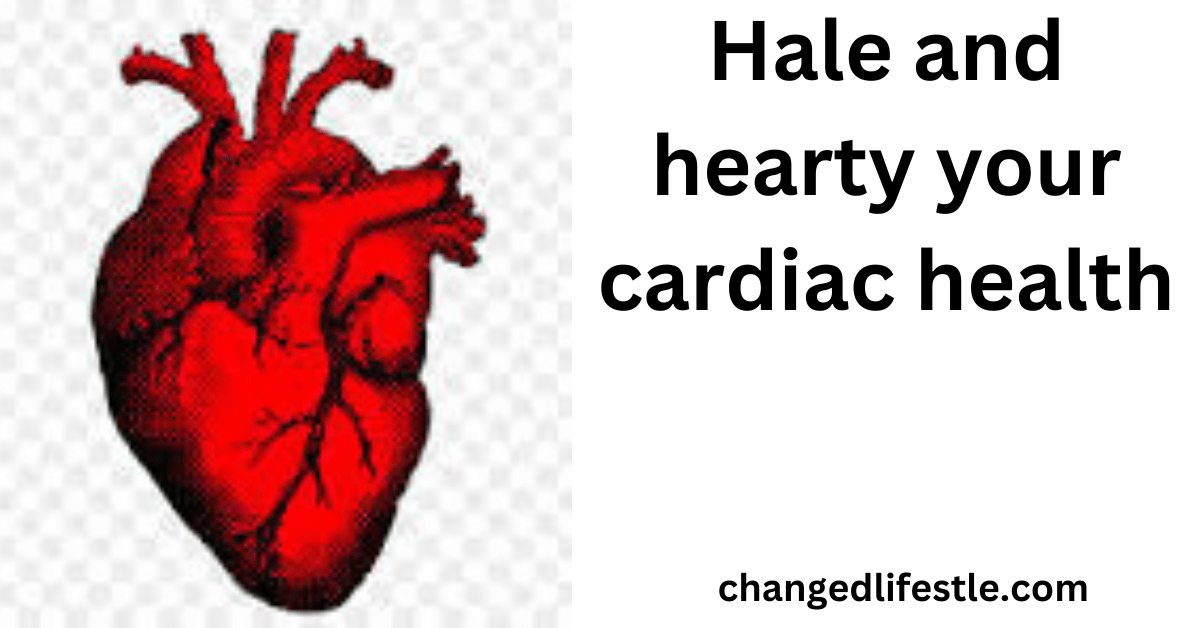Your Heart Matters-After 60s
Whether you are fit in up to claim Everest in your 60’s or you can be early manage to get up the states is very much down to the health of your heart. This astonishing part of the human apparatus is your body’s engine or, more specially, it’s fuel pump. It has one basic job which is performs ceaselessly throughout life: two maintain the flow of energy bearing blood to all of our organs. There is no reason why it should not fulfill this function in a trouble Freeway into your seventh, 8 and 9 decade and beyond.
Hale and hearty your cardiac health-
Your heart beats and average of 38 million- times a year- mostly without you ever giving it a second thought. But now, as small changes begin to occur it may be time to start paying a little attention to how this most vital organ works. Your heart matters:
Most of today’s over60s have better heart health than any previous generation thanks largely to improved medical care and healthier lifestyle. The improvement has been dramatic even over the past decade or so. In the UK deaths from heart attack feel by 50% between 2002 and 2010. And in the 10 years up to 2008, half as many men and women aged 55 to 64 developed her disease as in the preceding decade up to 1998. Your parent generation may well have lived in fear of heart attacks and strokes is the grew older, but you don’t have to. In fact, you can be confident that you can reduce or even eradicate your own risk of serious heart trouble.
Your bodies delivery service-
Your hurt is the dispatcher in your body’s own courier service. located at the hub of your circulatory system, it insures that essential supplies are delivered to your cells, organs and tissues. It does this by maintaining a tent stream of oxygen reach nutrient bearing blood to your organs. Your blood is a fluid fleet of lorries that carries the vital chemical freight. On the return leg, the blood takes away waste products, transporting them through ever widening highways of vein, finally reaching the lungs, where carbon dioxide is rejected into the air as you exhale.
The internal engine-
Your heart accomplishes its task by keeping the blood constantly on the move. It’s mechanism consist of four Chambers: the left and right atria (at the top) and the left and right ventricles(below). In the first stage of each Heartbeat, your heart wall contracts propelling blood into your network of arteries and capillaries. From the body’s organs and tissues, blood flows through ever larger veins back to the heart, feeling it up as the heart muscle relaxes. The pace at which your heart works in controlled by electrochemical impulses generated within it by so called pacemaker cells.
How your heart ages-

As you get order, both the heart and circulation undergo several small changes.
Your hurt beats slightly more slowly as your natural pacemaker loses some of its cells.
The heart muscle itself decreases in size.
Your main artery becomes thicker and stifer.
The volume of blood is slightly reduced as there is less fluid generally in your body.
Tiny sensors that help to keep blood pressure constant when you change position may become less sensitive.
Men experience this changes about decade earlier than women because the female hormone oestrogen has a protective effect on the heart and arteries. You would not immediately notice a difference when these changes occur, but some symptoms might come to your attention eventually. You may feel dizzy if you stand up from sitting or lying, or your blood pressure may be higher than it use to be. And your heart may be less able to tolerate a sudden increase in work load, for instance, when you go from walking on the flat to climbing uphill.
Step to a stronger heart-
There is penalty you can do to improve your heart health. First, and most importantly, if you smoke, give up. Why? For starters, it speeds up the hardening and narrowing of your arrteries and make it two to four times more likely that you will suffer a blood clot then someone who doesn’t smoke. Back in 1990, the US surgeon general published evidence showing that smokers who quit in their 60s experience a better quality of life as well as having a longer life expectancy compared with those who carried on. Since then, scientist have documented specific heart related benefits. Within just 20 minute of your last cigarette, your blood pressure and Pulse rate decrease. After a year the risk of coronary artery disease is helved, with the risk of stroke falling to the same as a non-smoker within 10 years, whatever your age with you quit.
Action stations-
Then take a positive step literally. Get out and walk. A brisk half hour constitutional 6 days a week will reduce your risk of heart disease by up to 40% according to a major study in which the health and physical activity routines of 72,000 women age 40 to 65 were monitored over 8 years. The study show the heart health benefits of starting regular exercise even in late middle age. Other studies have found that man benefit in much the same way. And exercise, of course, is the only way to get rid of that stubborn abdominal fat, which tends to accumulate around the waist as we get older. The central fat the ‘Apple shape’ is now widely seen as a leading cause of raised blood pressure and cholesterol as well as v hardening of the arteries.
And you will certainly stack the odds in your favour if you follow healthy diet guidelines, specially those besed on solid evidence. The advice to eat oily fish, for example, isn’t new, but Californian researchers have discovered how doing so prevent heart disease. Bye following 608 people with heart diseas for 5 years, they found that food reach in Omega 3 fatty acids slows down the shortening of stretches of DNA know as telomeres, whose length correlates with heart health and longevity another study, by the British Heart Foundation,has shown.
Take care can you make a difference ?
It’s true that over 60s are more at risk of heart disease then younger people -but the doesn’t mean it’s inevitable. The answer to whether you can buck the trend is mostly yes, and that’s backed up by a major worldwide research project called the INTERHEART study read on to find out if a healthy life style can reduce your specific risk.
- One of your parents had an early heart attack-
You know that this increase the risk. Yes it is true that a family history of early heart attack doubles the risk for men, and increases the risk for women by 70%. But you can cut this significantly by tackling other factors such as smoking and high blood pressure. Research published in 2011 by MC Gill University, Canada, suggest date eating more than 5 portion of raw fruit and vegetables can lower heart disease risk in people who are genetically predisposed to eat by a specific gene-chromosome 9p21. Those who at high proportions of raw veg, fruit and berries had a similar heart attack risk those without the gene.
-
you know that you should get more exercise –
but you are not the sporty sort. yes statistics so that even gentle regular exercise can have dramatic impact on your cholesterol, blood pressure and blood vessel function as well as on other heart risks such as your weight and stress levels. And it doesn’t have to be sport walk to the shops rather than drive, use the stairs not the lift its start.
-
you have type to diabetes and high blood pressure-
Which increase your heart disease risk. Yes eating sensibly, taking regular exercise and taking your medication regularly can dramatically reduce your risk, so don’t delay. Being of obese, for example, makes you 80 times more likely to develop diabetes then someone with healthy weight.
-
you have been through the menopause-
Which raises the risk of heart disease for women. Maybe women lose the heart protective effect of oesterogen after the menopause, but the jury’s steel out over weather taking extra oestrogen in the form form of HRT extends that protection, or increases the risk. Having a Healthy lifestyle wheel certainly cut your risk.
-
you have erectile dysfunction and this could be linked to hard disease-
Yes a 2010 report found that men aged 40 to 60 with erection problems had a 30% higher rest of dying of a heart attack within 3 to 5 years. Do report any such difficulties to your family doctor. Not only are there treatments to save your love life, but your doctor can check your risk of heart disease -and help you reduce it.
-
Enemies of the heart-
Because experts now know exactly what the main risk to heart healthy are, it is easier then ever to reduce or even avoid the risk of heart attack and stroks. The 2004 inter heart study assesses 29000 people in 52 countries, and found that just 9 factor account for 90% of heart attack is every ethnic group.

Six foes-
- high cholesterol
- high blood pressure
- diabetes
- stress
- obesity
- smoking
Three friends-
- eating plenty of fruit and veg
- taking enough exercise
- moderate alcohol consumption
What makes the research so exciting is that every factor is Lifestyle related and so mostly within your control. And it is easier to take action later in life, when you have more time and flexibility.
The way forward-
Knowing that age is not inevitable Trigger for her disease provides every incentive for dealing with problems early on. And screening is an essential part of your health toolkit. Two of the key risk factors- high blood pressure and high cholesterol- have been dubbed the ‘silent killer’ because they have few, if any symptoms. One in four older people have undiagnosed high blood pressure, and more than half have undiagnosed high cholesterol.
Regular checkups are the only way to spot this health issues, and they also offer a chance for your doctor to uncover potentially dangerous conditions such as diabetes early on. A Significant development in screening has been the computerized cardiovascular risk calculation. First used in the UK but no widely available these enables doctors to predict your risk of having a heart attack or stroke within the next 10 years by asking just a few simple questions. With these result to hand, they can work with you to tailor a treatment programme that encompasses not only lifestyle changes but medication too.
With your heart, as with other respect of your health, there are some risk factor that are out of your control. These include your age, your gender and your family background. But there are plenty of steps you can take to moderate the effect of any factors you were born with: clutch of potential issues does not mean that you are doomed to have hurt trouble. As any card player will tell you, it is not always the best hand that comes out on top.
Love help-
You may have some unexpected allies working in your favour. In 2010, researchers at Harvard University found that a satisfying marriage reduce women’s risk of cardiovascular disease, while a major study involving over 127000 American adults concluded that married men are healthier and to leave longer than those who remain unmarried or who were divorced or Windowed. And a decade long American study published in 2011 of more than 135, 000 married or formerly merried men aged between 50 and 71 suggests that having children reduce a men’s risk of dying from cardiovascular disease by 17 per cent.
In other words, a heart that loves is more likely to be healthy than a heart that does not. And isn’t that just as it should be?


[…] YOUR HEART MATTER-AFTER 60s […]